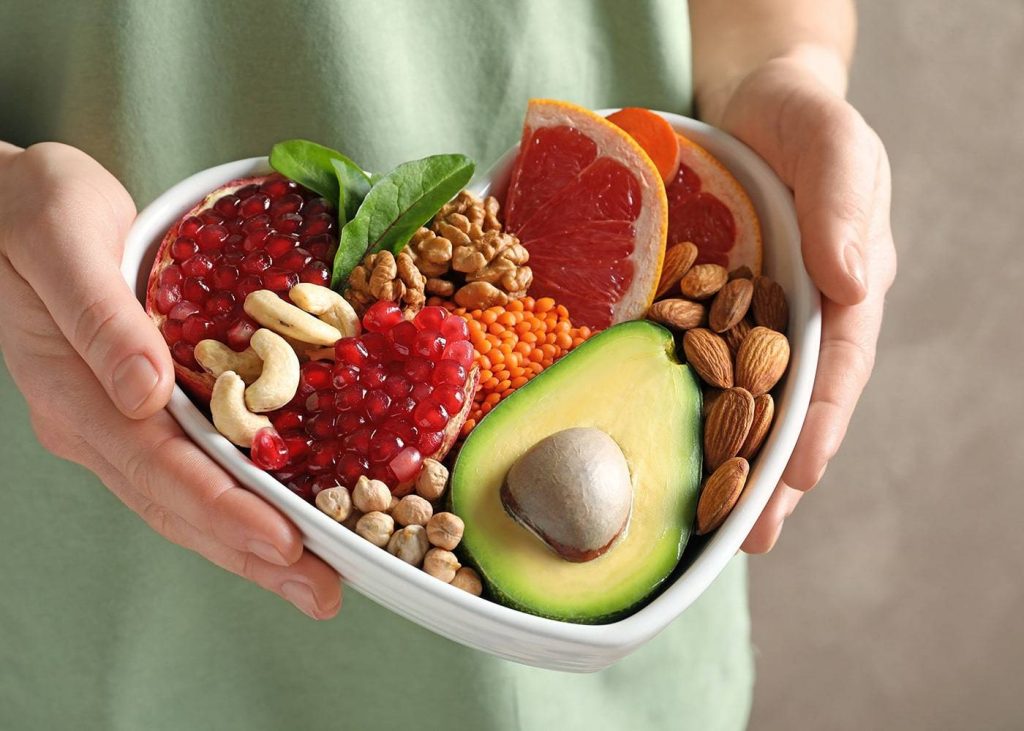Mangoes are often misunderstood when it comes to weight loss. As soon as summer arrives, many people feel guilty about enjoying this seasonal fruit, fearing it will hamper their progress. But as a nutritionist, I can confidently say—there’s no need to completely avoid mangoes. The idea is to understand how and when to eat them, not to fear them.
Let’s begin with the nutritional facts. Mangoes are rich in vitamin A, vitamin C, dietary fiber, and powerful antioxidants. They support immunity, digestion, and even skin health. Yes, they contain natural sugars, but when consumed in the right portion and timing, they do not interfere with healthy weight loss.
I’ve seen individuals steadily lose weight without removing mangoes from their diet, because the focus was on balance, not restriction. That’s the key. When you eat mangoes in moderation, at the right time of day, and in the right combinations, they can easily fit into a structured weight loss plan.
Ideally, mangoes should be eaten in the first half of the day, as part of breakfast or a mid-morning meal. Pairing them with a protein or healthy fat—like unsweetened curd, soaked nuts, or boiled pulses—helps stabilize blood sugar levels and keeps you fuller for longer.
It’s also important to choose the whole fruit over processed forms. Avoid mango shakes with extra loaded sugars, canned pulps or sugar-loaded desserts. Fresh, peeled mango in its natural form is always the better choice.
More than calories, it’s about connection. Mangoes are a part of our seasonal and cultural heritage. Completely eliminating them often creates cravings and emotional dissatisfaction. Instead, when guided well, mangoes can bring both joy and nourishment.
In weight loss, sustainability matters more than shortcuts. It’s not about saying no—it’s about knowing how to say yes smartly. Mangoes are not the enemy; poor planning is.
So let mangoes sweeten your weight loss journey—with portion, not guilt.






